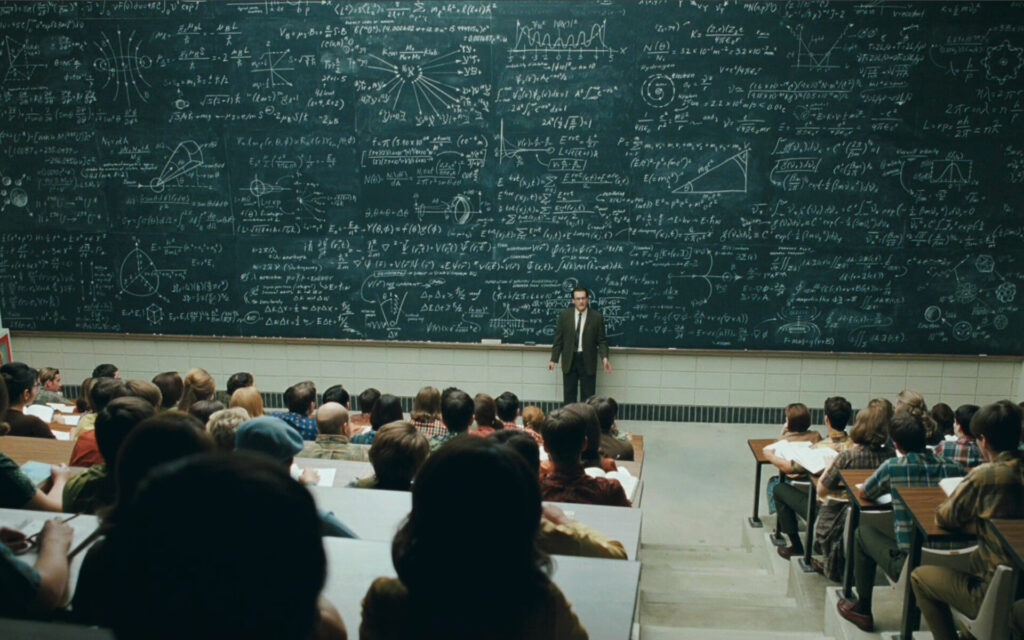A Serious Man (2009)
The perpetual misfortunes that plague one Jewish professor in A Serious Man often seem like the setup for a joke with no punchline, damning him to an ungratifying search for life’s answers through both science and faith, and thereby delivering one of the Coen Brothers’ most enigmatic, ironic works.

